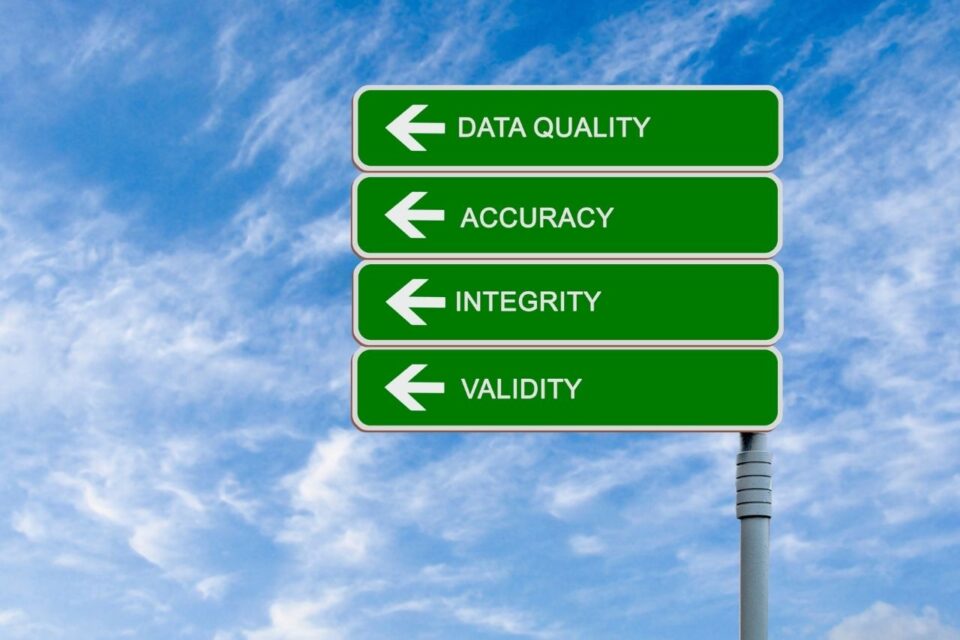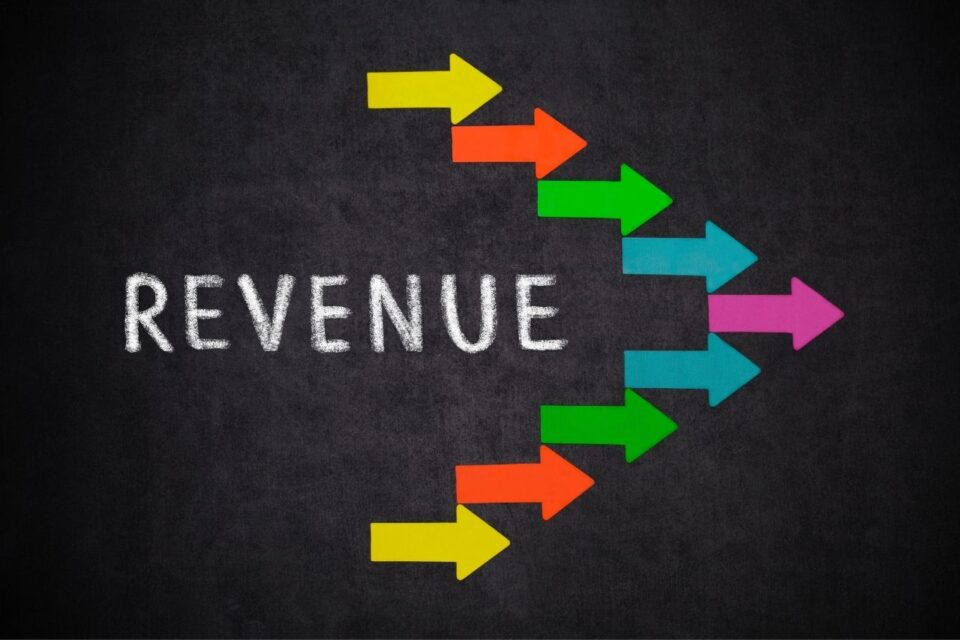
What to Expect: Changes to the Quality Payment Program in 2019
November 20, 2018
The Importance of Aligning the Healthcare Revenue Cycle with the Patient Experience
December 6, 2018A decade ago, not many hospitals implemented the concept of revenue integrity in their system but today the concept has become more than common and has a great importance. According to a survey conducted by Healthcare Financial Management Association, nearly a quarter of CFOs of hospitals name integrity revenue as their topmost priority.
The question that arises is what is revenue integrity and why is it so important in healthcare?
Revenue Integrity by definition
Revenue integrity refers to a codified approach to ensure the ethical establishment and support of business practices that compel all the people associated with the organization to do the right thing.
In hospitals, revenue integrity has developed a set of policies that ensure that practices are done justly especially when it comes to the revenue cycle. It also refers to developing reasonable pricing for the services provided and all done under federal, state and local regulations.
Why is it important?
In hospitals, revenue integrity has practical benefits beyond equity and integrity. Giving priority to revenue integrity reduces the risk of external audits and even helps in the reduction of denial of payment.
Steering clear from external audits saves time and money of all parties and even in case of an initiation of audits, due to a strong focus on revenue integrity an organization will be able to prepare and manage that audit more efficiently.
Things to consider during implementation
Such proactive approaches that focus and pay attention to rapid assessment and mitigates the risks of the revenue stream should be managed thoroughly. Therefore, several things must be considered in your approach:
- Involve the right people
Implementation of revenue integrity is important but it is more important to involve the right people. This must be managed by both finance and clinical departments to ensure success.
- Keep the right tools and processes in place
Having the right tools and processes must be another priority during the implementation. Doctor’s facilities need a procedure to set up those centers around the key examination that drive income trustworthiness at their foundation for their particular patient and payout population.
- Monitor risk areas and revenue integrity
Revenue integrity should be estimated through the tools above to consistently survey your current state. Implementing a chart to bill surveys and instruction are key segments to limit your hazard zones.
A solid gathering of topic specialists that can reveal the “concealed” issues in the chart to-bill audits as well as having enough mastery to give significant instruction to the clinicians is basic to progress.
Conclusion
In any case, hospitals and healthcare systems lacked technology use inside the organization to oversee tolerant budgetary obligation. Just 14 percent of hospitals and healthcare systems utilized propelled displaying devices for fragmenting and foreseeing tolerant affinity to pay.
But in recent years the implementation of revenue integrity in hospitals has increased rapidly and hospitals are able to benefit their systems now more than ever by generating greater revenue ethically.
Do you want to increase your bottom line? Learn how our software is saving other organizations $$MILLIONS!
If you are interested in a free demo of our AllPayor® Software, please go HERE or you can register for a FREE webinar HERE





